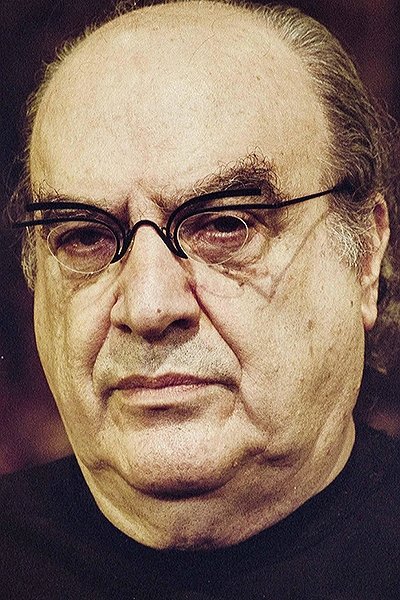
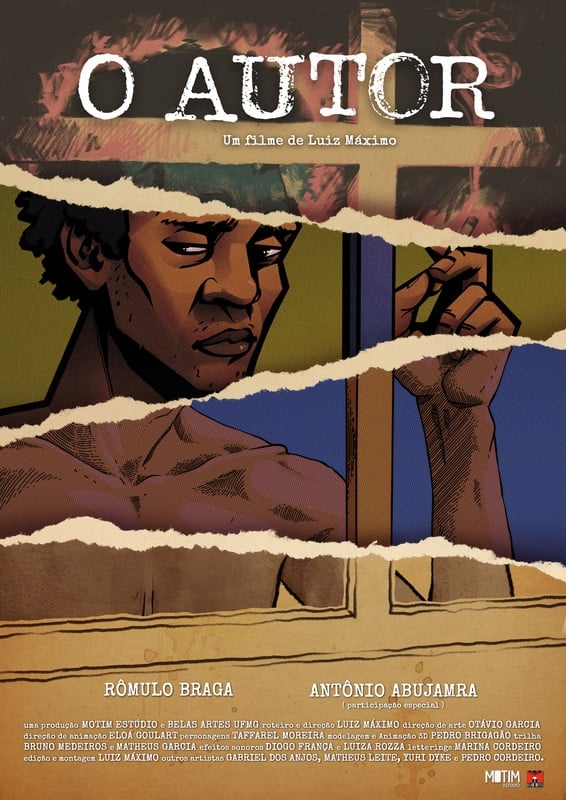
William is a middle-aged writer who lives alone in a small, untidy house and can't settle down doing what he loves. Confused and distressed, he flirts with death. With the rope around his neck, about to jump off a chair, the man looks around at his house and sees little “magical” objects that remind him of his past and passions, thus making a decision.

In six decades, Teatro Oficina has done more than revolutionize theatrical language in the country: the aesthetic influence of José Celso Martinez Corrêa's company extends from Tropicalism to the renewal of Brazilian audiovisual languages from the 1960s onwards. The film revisits a story that it involves personalities such as Caetano Veloso, Glauber Rocha, Lina Bo Bardi, Chico Buarque and Zé do Caixão, brings together scenic art, ecology, architecture and sexuality, and mixes art and life in the search for a Brazilian based language.
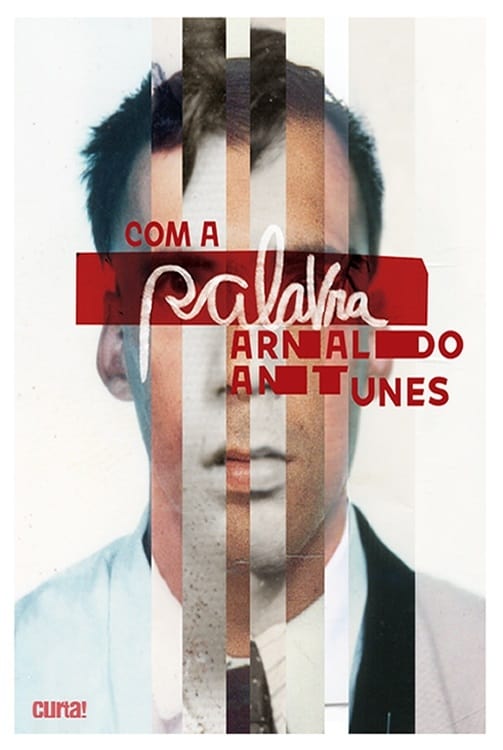
From his origins as a poet to his success as a singer and composer, Arnaldo Antunes revisits the most remarkable moments of his career.
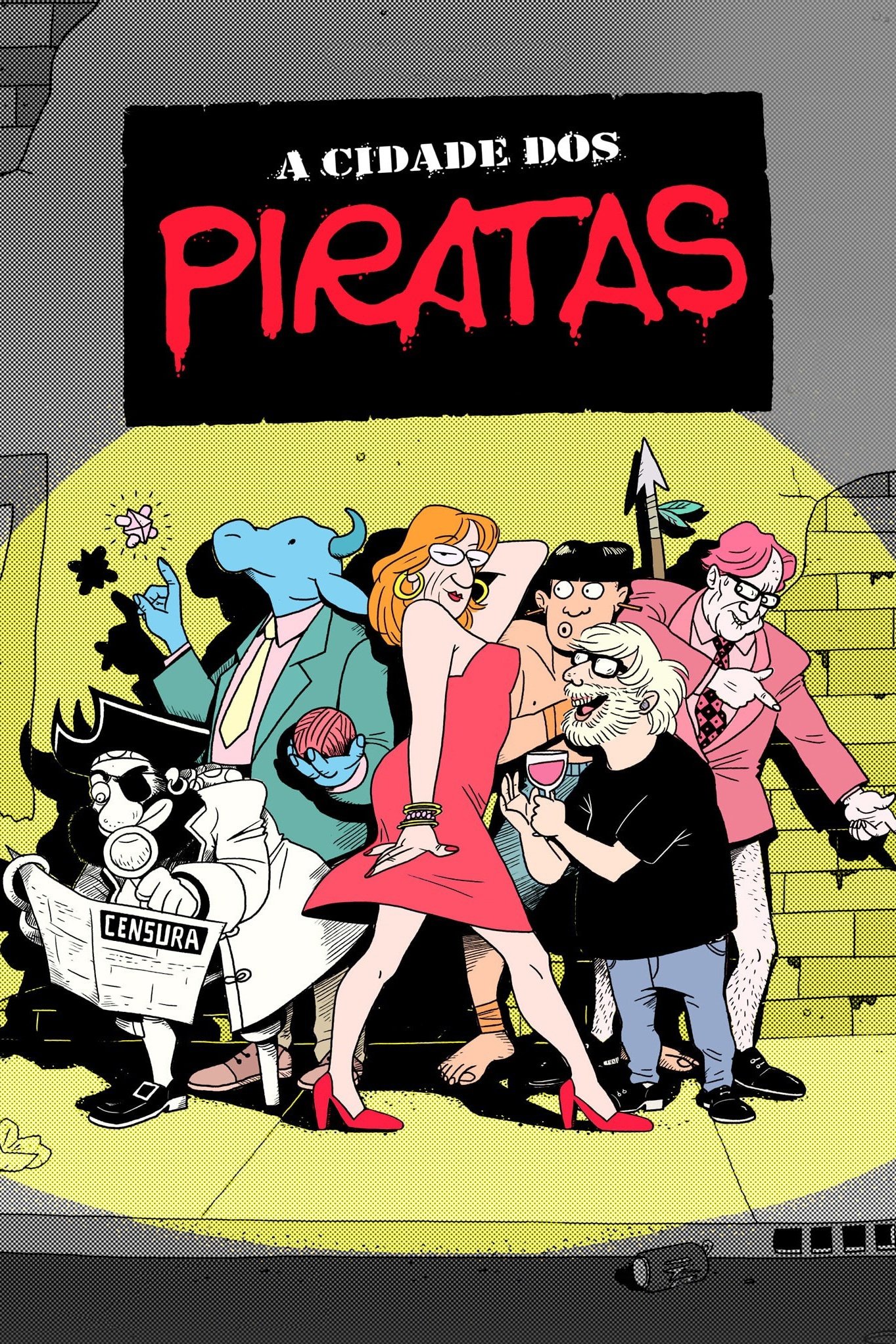
A film director faces a complex situation in the production of his new film: Laerte, the protagonist of the story, begins to renegade her former characters, the Pirates of the Tietê. Lost in this situation and determined to be faithful to his whims after seeing the approach of death, the director decides to tell his drama mixing his persona with the story, creating a chaotic labyrinth between fiction and real life.

A portrait of the evolution of theater in the 20th century and a deep reflection on the art of acting through the career of Paulo Autran (1922-2007), one of the greatest actors in Brazil.
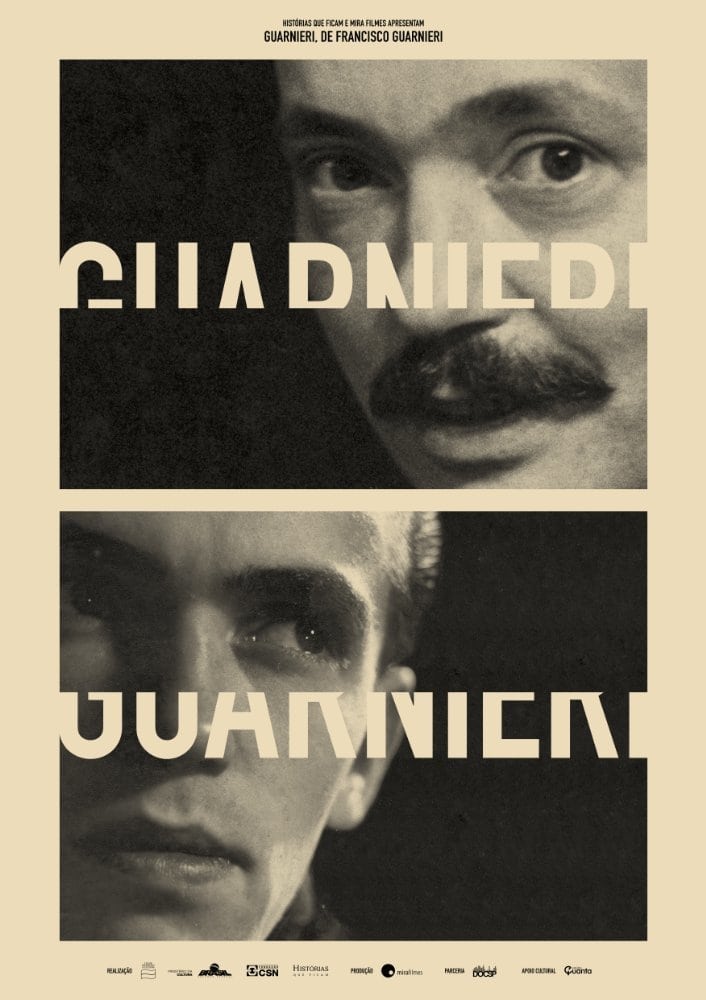
Develops from the life, work and memory of Gianfrancesco Guarnieri, one of the most important names in the history of Brazilian theater, to examine the courses of dramaturgy and politics in the last decades. Guarnieri, besides being a TV star, was also seen as the synthesis of the politically engaged artist in Brazil. His sons, also actors, saw a separation between art, work, and politics. As he investigates the portraits of two generations, grandson and director Francisco aims to understand the place of his own generation in history, in art and the world as a whole.

Corações Feridos is a Brazilian telenovela that aired on SBT from January 16 to May 23, 2012. It is a remake of the Mexican telenovela La Mentira written and adapted by Íris Abravanel, based on the original by Caridad Bravo Adams and directed by Del Rangel.
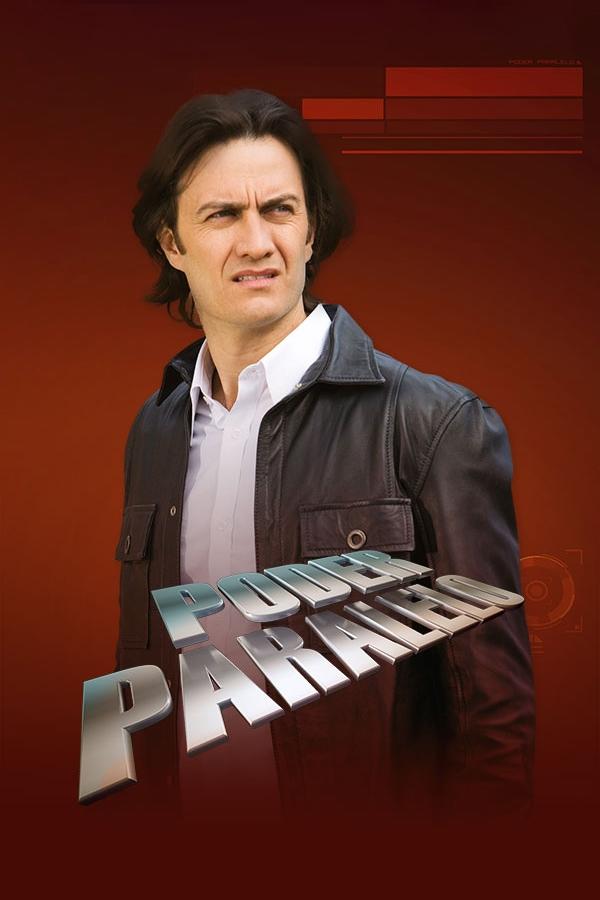
The first scenes of the telenovela Another Power were recorded at Palermo and Tonnara di Scopello two cities in Italy. One of the most impressive scenes was the terrible explosion of a car where were Tony Castellamare’s wife and their twin daughters; after he arrive at the crime scene, he testified the explosion causing the death of his family.

Começar de Novo is a Brazilian telenovela produced by Rede Globo and displayed in its traditional schedule of 19 hours between 30 August 2004 and April 16, 2005. Presented Natália do Vale, Marcos Paulo, Eva Wilma, Werner Schünemann, Carlos Vereza, Giselle Itié, Vladimir Brichta, Carolina Ferraz and Marília Pêra in the lead roles.
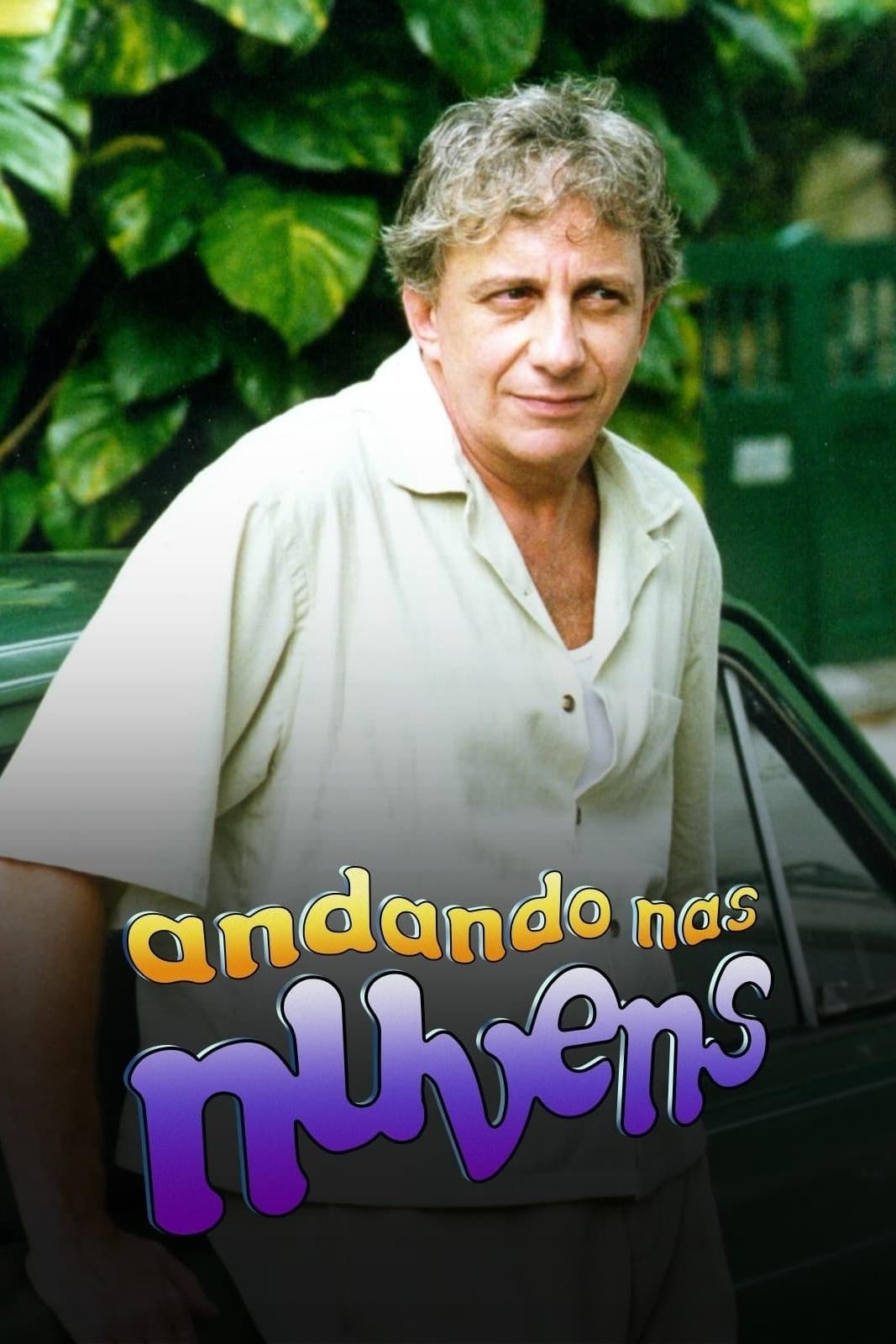
Antônio Abujamra, OMC (Ourinhos, September 15, 1932 – São Paulo, April 28, 2015) was an award-winning theater and television director, actor and Brazilian presenter, being one of the first to introduce the theatrical methods of Bertolt Brecht and Roger Planchon on Brazilian stages. He was known for his irreverence, his performances and his acidic and critical humor in relation to social taboos.
By browsing this website, you accept our cookies policy.